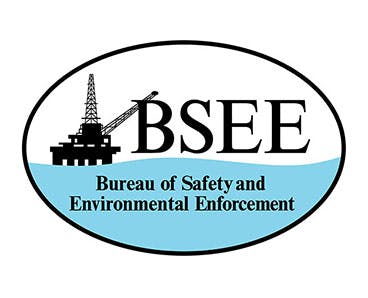BSEE’s New CVA Requirements for Riser Life Extension
Life extension of existing offshore structures in the Gulf of Mexico is receiving increasing attention from operators and our governing agency, BSEE.
31 May 2017
Riser life extension CVA – a three stage process
A life extension CVA will need to incorporate verification in three stages:
-
Riser detailed design data, e.g. components, materials, cathodic protection, coatings/barriers, tensioners
-
Historical operational data, e.g. pressure, temp, fluid chemistry, inhibitor usage.
-
Historical environmental data, e.g. monitored/assumed motions, currents, sea states
-
Detailed analysis
-
Internal/external corrosion
-
Hang off assembly – flex joint or taper joint
-
Strakes/fairings condition
-
Coating conditions
-
Armor wire corrosion
-
Tensioner condition
-
Topside jumper
-
Existing integrity management plan and inspection and maintenance data
-
Any data to show condition of riser and components
-
Example inspections should include visual, annulus vent tests, cathodic protection probes, coatings/barriers, pressure tests, in-line inspection (UT/MFL), optical 3D HD, laser photogrammetry.
-
Proposed riser detailed data
-
Proposed operational data
-
Proposed environmental data
-
Detailed analysis including stage 1 and stage 2 results to prove remaining life capacity
-
Forward-looking IM plan


